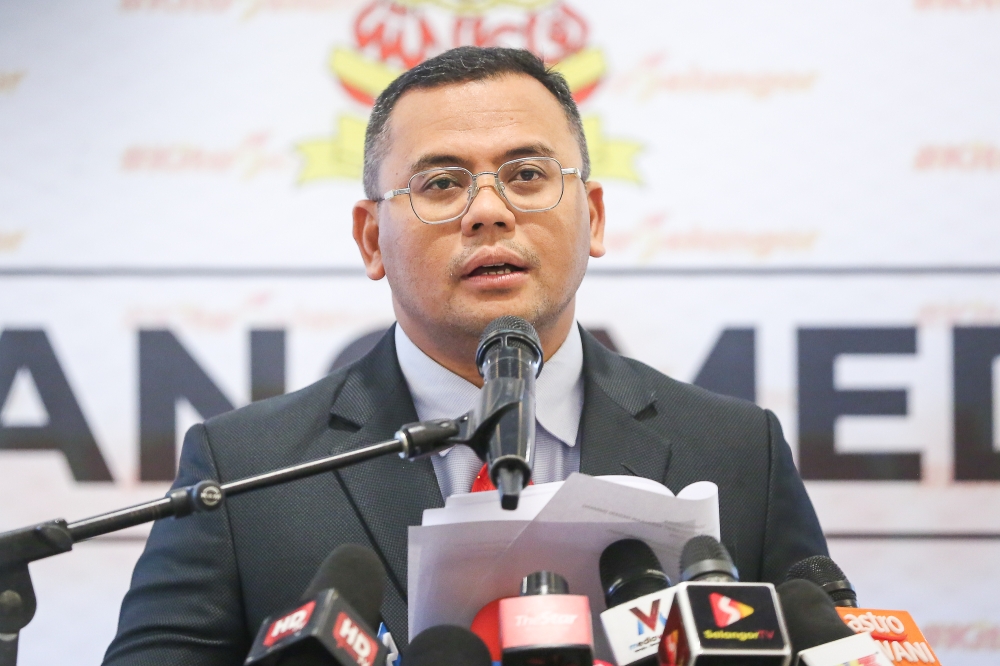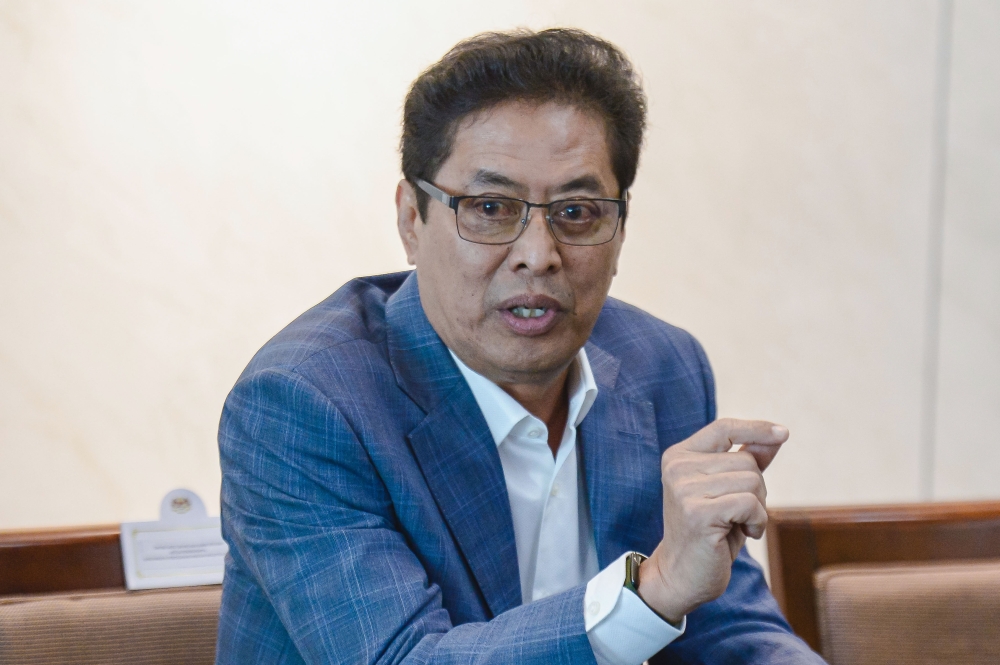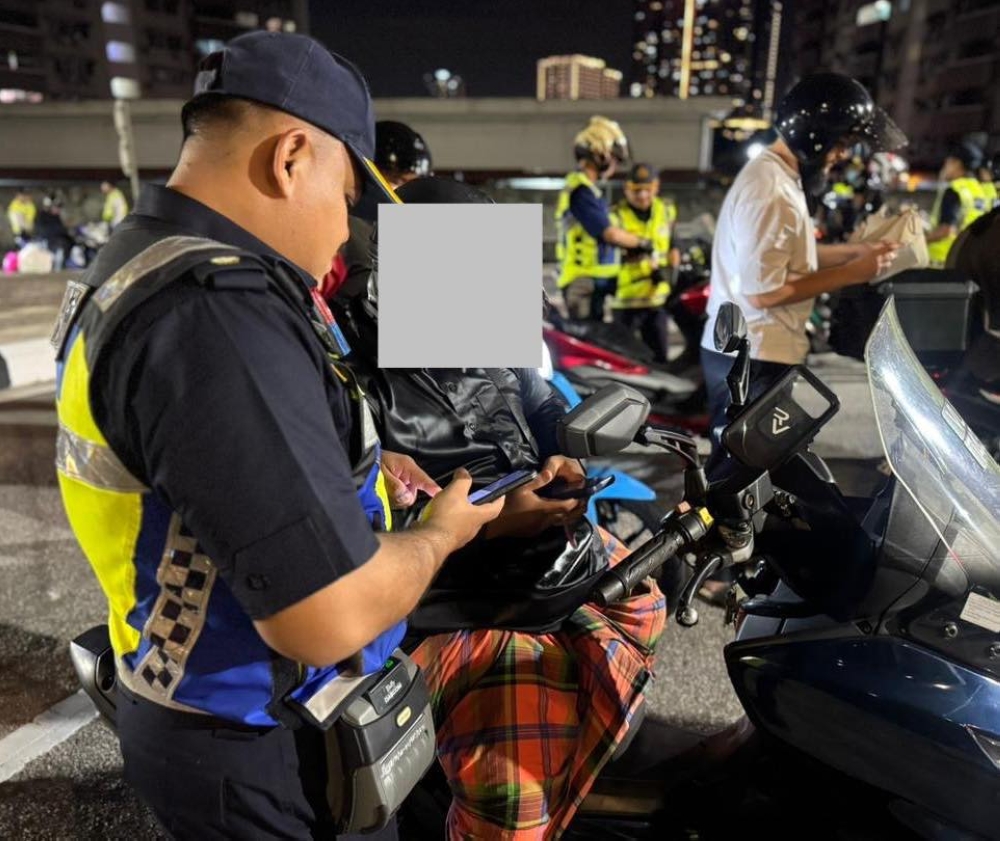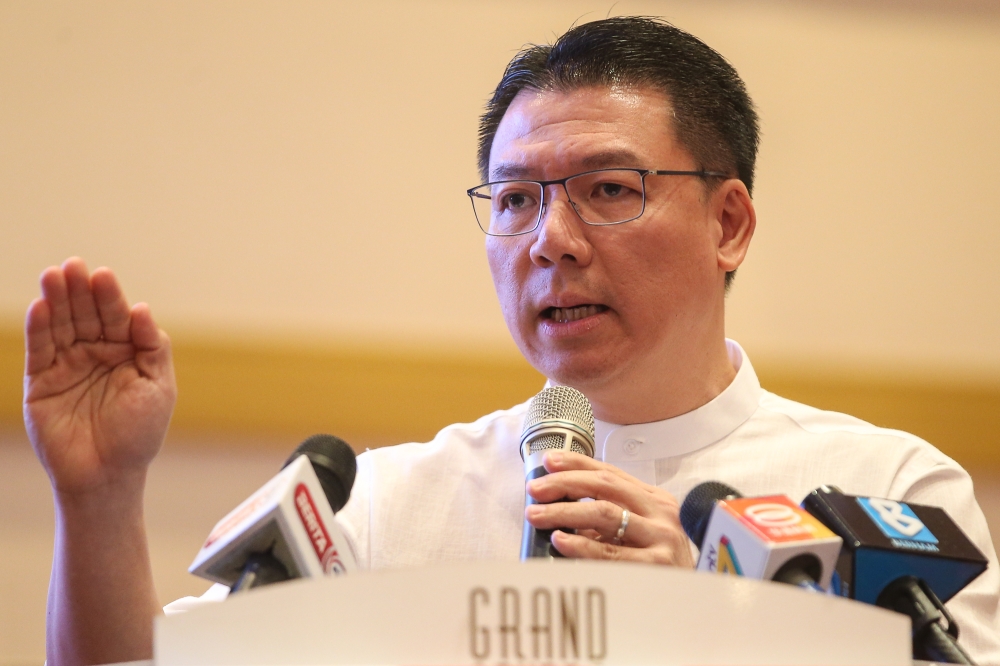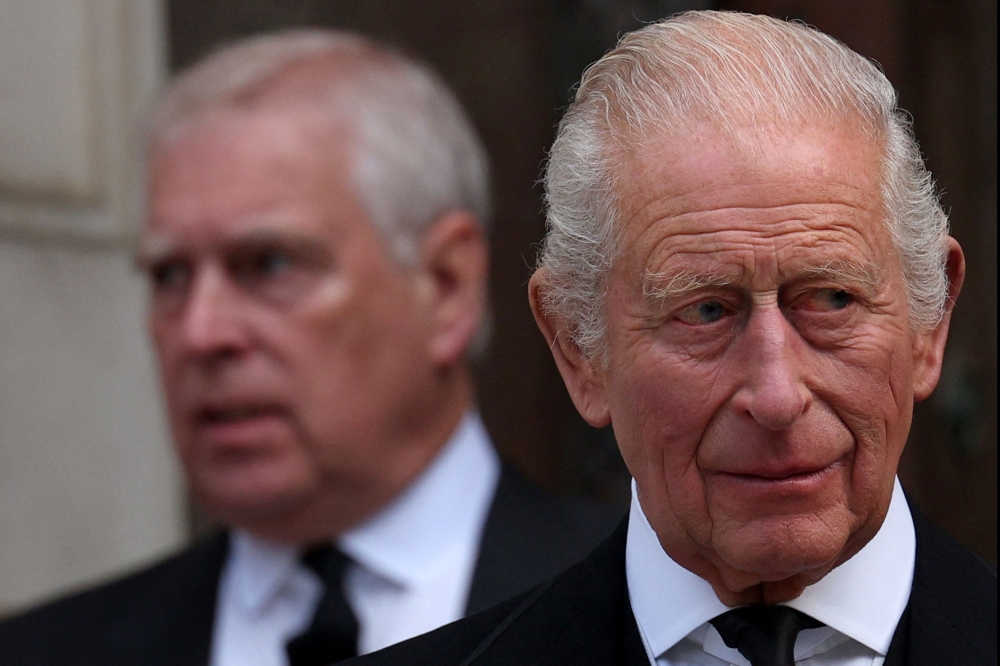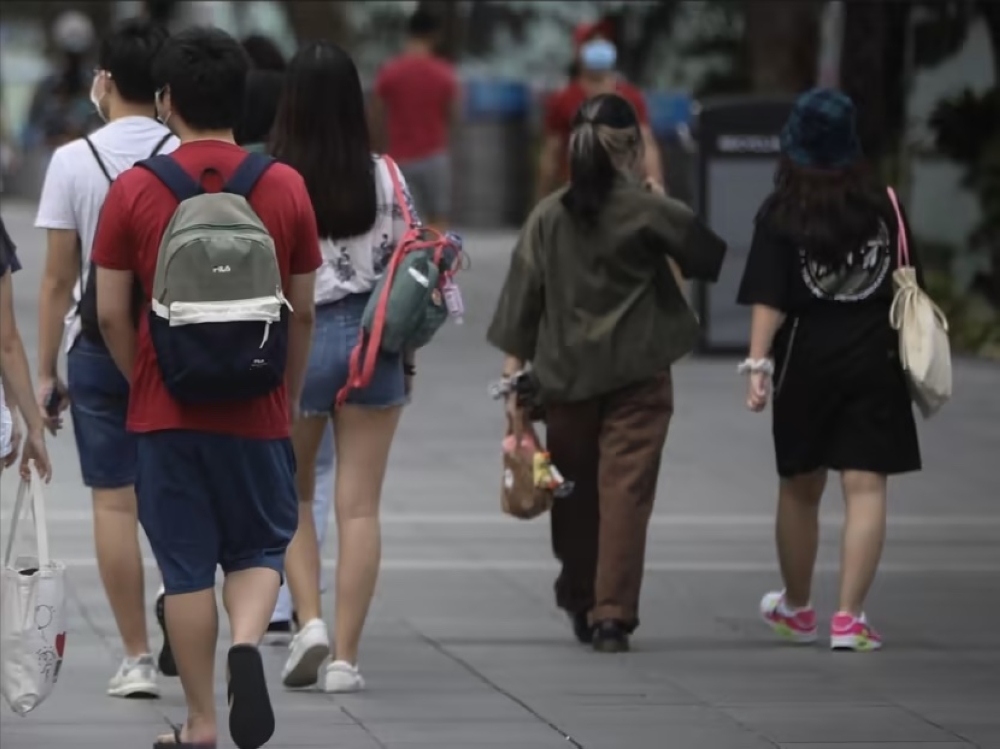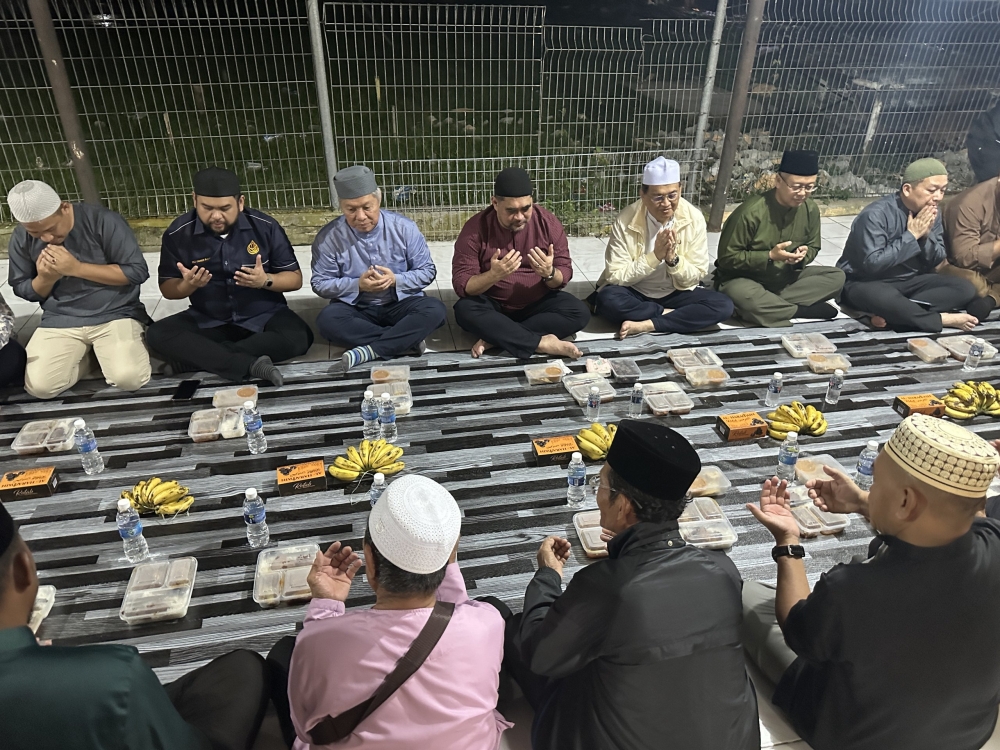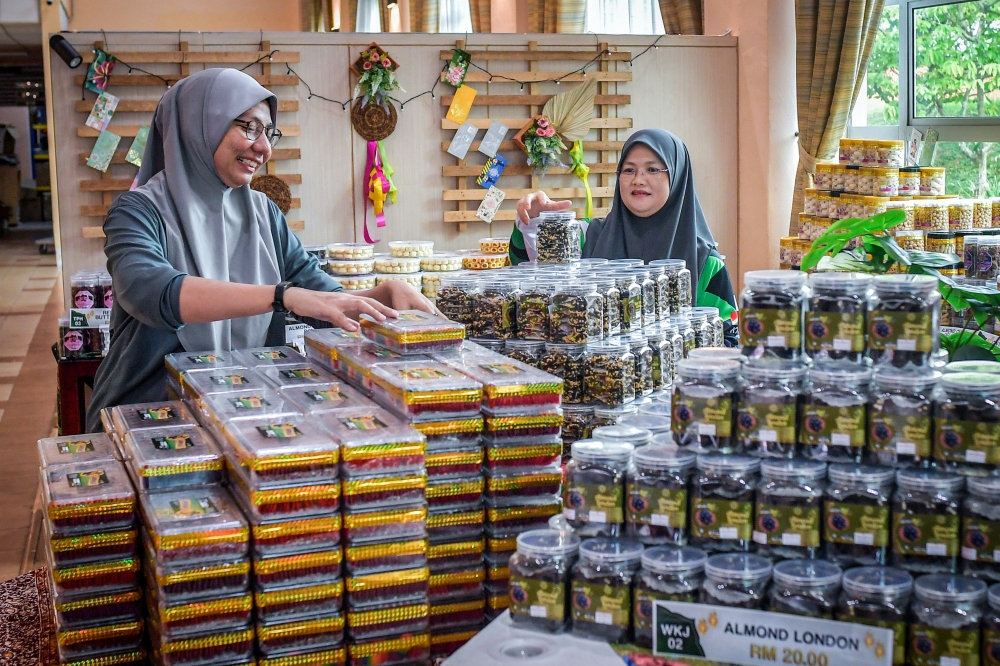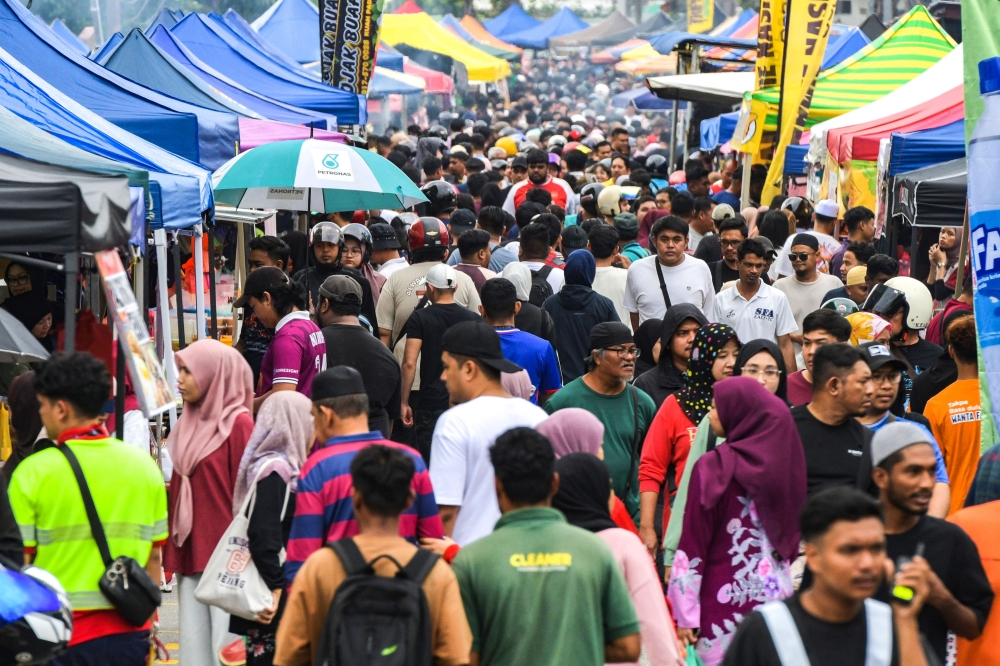SINGAPORE, Feb 24 – Offering graduate subsidies and loans for young Singaporeans taking their second diploma, degree or master’s courses was among the various suggestions by Members of Parliament (MPs) on the topic of youth and lifelong learning.
During the second day of the Budget 2023 debate on Thursday (Feb 23), a total of 29 MPs spoke about issues concerning the youth, including mental health and employability.
The debate was in response to Finance Minister Lawrence Wong’s Budget statement last week.
Why it matters
Education and training, as in past years, featured prominently in this debate, in line with national efforts to promote lifelong learning as one of the key thrusts of Singapore’s economy.
As the economy and the nature of work are both evolving rapidly, many MPs stressed the need to provide better educational and training opportunities for students as well as working adults so that they may be plugged into future economic opportunities and stay nimble throughout their careers.
Vocational training and internships
MPs spoke about the need to strengthen vocational training and apprenticeship programmes for the young, to ensure that they remain employable and can land suitable jobs for which they are trained.
To improve the quality of internships, specifically for students and graduates from the Institute of Technical Education (ITE) that offers vocational courses, MP Desmond Choo of Tampines Group Representation Constituency (GRC) suggested that unions and schools work with companies to provide good internship placements and systems that establish clear standards of internships.
In addition, companies may also be incentivised to develop structured work-study diplomas and overseas training stints, which could also improve Singapore’s productivity and pool of talent.
Beyond ITE students, Mr Choo also suggested that students who lost out on training and learning opportunities due to the Covid-19 crisis be offered overseas work opportunities, seeing that most countries have eased travel restrictions.
The Government should consider offering young Singaporeans graduate subsidies and loans to get a second diploma, degree or master’s educational qualifications.
Workers’ Party (WP) MP Leon Perera also brought attention to the need to improve the wages, skills and working conditions of vocational or trades jobs such as plumbing and carpentry, and gig jobs through enhanced career and job conversion programmes.
A concerted effort should also be made to work on improving societal respect for people in these vocations through public education and communication efforts.
Mr Perera, who is from Aljunied GRC, added that there should be efforts to develop career pathways for people in the trade of vocational work, in conjunction with industry chambers and stakeholders. This is so that tradespeople can pursue training and develop their skills, which improves their chances of earning higher pay.
He suggested two ways in which this can be done: First, to fast-track the citizenship applications of some highly skilled foreign workers, and second, to slowly reduce the supply of foreign workers once the nation has sufficiently attracted a “critical mass” of Singaporeans to trades jobs such as air-conditioner repairmen or forklift and crane operators.
Students with special needs
Support for ITE students with special needs was also raised during the debate, with MP Don Wee of Chua Chu Kang GRC suggesting several measures to advocate for students with special educational needs in general, and specifically in ITEs.
One approach is to organise targeted public education campaigns and community outreach programmes to raise public awareness and acceptance of students with special educational needs and reduce stigma.
He also suggested increasing funding to develop more specialised programmes for students with different abilities, as well as enhancing training for teachers to support students with special educational needs.
This may be done through ongoing professional development opportunities and specialised training programmes.
For ITE students with special educational needs, Mr Wee suggested that ITE collaborate with community organisations and businesses to create work and internship opportunities for these students.
Right now, ITE offers support to these students by providing financial assistance, learning support such as specialised teaching and assessment strategies, and making some accommodation such as extra time for assessments and sign language interpretation.
Mental health
Turning to the mental health of children and youth, MPs spoke on the structural issues in the mental healthcare system.
Associate Professor Jamus Lim, a WP MP from Sengkang GRC, cited a study titled Singapore Youth Epidemiology and Resilience, which found that one in three young people in Singapore reported internalising mental health symptoms such as sadness, anxiety and loneliness.
For those who do seek help, Assoc Prof Lim said that there is also a problem of having access to professional help, because the waiting lists for mental healthcare services are typically long. He did not elaborate on whether this pertained to public or private healthcare facilities.
He was also concerned about the lack of central regulation as well as mental healthcare professionals experiencing burnout due to the shortage of manpower and resources.
Mr Wee from Chua Chu Kang GRC suggested expanding mental health support services to ITE students with special needs, by increasing funding for such services, expanding the pool of qualified mental health professionals, and increasing the availability of assistive technologies. — TODAY








